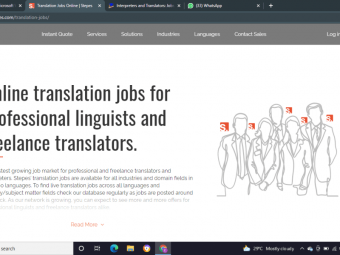To comply with the entry-level driver training (ELDT) rule, training providers listed on the Training Provider Registry (TPR) are the only entities that can provide ELDT.
Examples of potential Training Provider Registry (TPR) entities include training schools, educational institutions, rural electric cooperatives, motor carriers, State/local governments, school districts, joint labor-management programs, owner-operators, and individuals. Eligible providers may provide training either on a “for-hire” or “not-for-hire” basis. Any training provider meeting the eligibility requirements could be qualified to provide entry-level driver training (ELDT), regardless of whether they fall within a category specifically identified in the rule.
To be eligible for listing on the Training Provider Registry (TPR), an entity must meet the following 49 CFR 380.73 requirements:
-- Follow a curriculum that meets the applicable criteria in Appendices A-E of Part 380;
-- Utilize facilities meeting §380.709;
-- Utilize vehicles meeting §380.711;
-- Utilize instructors meeting §380.713 (basically two years or more with a valid commercial driver’s license (CDL) and applicable endorsements for the training);
-- Meet recordkeeping requirements §380.725;
-- Be licensed, certified, registered, or authorized to provide training in accordance with the applicable laws and regulations of any State where in-person training is conducted.
Training providers must attest that they meet the specified requirements, and in the event of a Federal Motor Carrier Safety Administration (FMCSA) audit or investigation of the provider, they must supply documentary evidence to verify their compliance. Training providers must continue to meet the eligibility requirements in order to stay listed on the TPR.
There is no fee associated with either initial or continuing registration on the Training Provider Registry (TPR).
Yes. Training providers who do not intend to make their services available to all driver-trainee applicants can elect not to include their contact information in the public listing that appears on the Training Provider Registry (TPR) Web site. This option will be made available at the time of initial registration and can be changed anytime the provider so chooses. Because these training providers do not wish to be contacted by driver-trainee applicants, they will be listed on the TPR Web site simply by name, city, and State.
Yes. Under § 380.723(b), the Federal Motor Carrier Safety Administration (FMCSA) initiates the process for removing a training provider by issuing a notice of proposed removal from the Training Provider Registry (TPR), setting forth the reasons for the proposed removal and any corrective actions necessary for the provider to remain listed on the TPR. Training providers who receive a notice of proposed removal can continue to conduct training during the period in which they are undertaking the necessary corrective actions, which is generally 60 days. However, the final rule requires, that providers who receive a notice of proposed removal must inform driver-trainees currently enrolled in training, as well as those scheduled for future training, of the proposed removal.
FMCSA will also indicate on the TPR Web site that it has issued a notice of proposed removal to the training provider. The Agency will remove that notation from the TPR website if it withdraws the notice. If FMCSA subsequently removes the provider from the TPR because it did not respond to the notice of proposed removal within 30 days, or because it did not complete the required corrective actions, any training conducted after the date of removal is invalid.
As part of the self-certification process for listing on the Training Provider Registry (TPR), training providers must attest, under penalties of perjury, that they comply with the Federal requirements – including instructor qualifications – in order to be eligible for initial and continued listing on the TPR. Failure to meet State requirements could result in the training provider’s removal from the TPR.
Individual instructors may not register, as the Federal Motor Carrier Safety Administration (FMCSA) has no role in certifying training instructors. The rule defines a minimum qualification standard for theory and behind-the-wheel (BTW) instructors but leaves it up to the training provider to determine whether those qualifications, as well as any applicable State requirements, are met.
The entry-level driver training (ELDT) rule does not require that training providers be accredited by a third-party organization as a condition of eligibility for listing on the Training Provider Registry (TPR).
U.S. DEPARTMENT OF TRANSPORTATION
Federal Motor Carrier Safety Administration
1200 NEW JERSEY AVENUE, SE
WASHINGTON, DC 20590
855-368-4200
 Classical Naptime For Tots
Classical Naptime For Tots
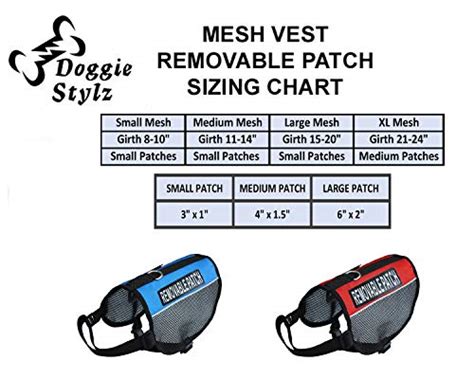 Doggie Stylz Set Of 2 Reflective Therapy Dog In Training Removable Patches Wit
Doggie Stylz Set Of 2 Reflective Therapy Dog In Training Removable Patches Wit
 6 Pcs Service Dog In Trainingworkingstress Amp Anxiety Response Embroidere
6 Pcs Service Dog In Trainingworkingstress Amp Anxiety Response Embroidere
 Service Dog In Training Patch With Hook Back And Reflective Lettering For Servic
Service Dog In Training Patch With Hook Back And Reflective Lettering For Servic
 Four Paws Wee Wee Pee Pads For Dogs And Puppies Training L Gigantic Xl St
Four Paws Wee Wee Pee Pads For Dogs And Puppies Training L Gigantic Xl St
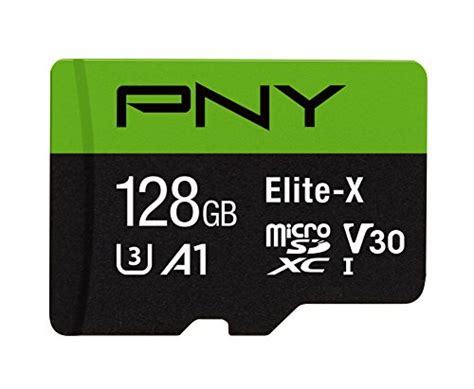 Pny 128gb Elite X Class 10 U3 V30 Microsdxc Flash Memory Card 100mbs
Pny 128gb Elite X Class 10 U3 V30 Microsdxc Flash Memory Card 100mbs
 Academy Of Beasts V Shifter Romance
Academy Of Beasts V Shifter Romance
 Beast Academy 5a Practice
Beast Academy 5a Practice
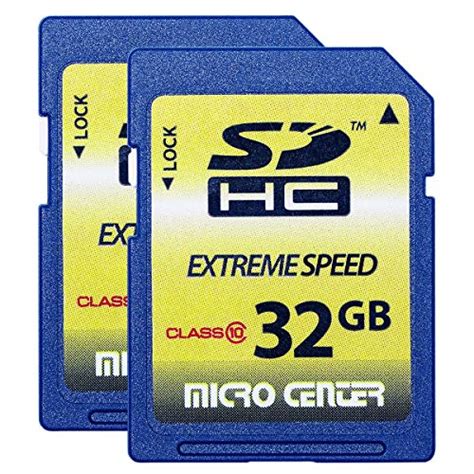 32gb Class 10 Sdhc Flash Memory Card Standard Full Size Sd Card Ush I U
32gb Class 10 Sdhc Flash Memory Card Standard Full Size Sd Card Ush I U
 Go Power F 200 Class T 200 Amp Slow Blow Fuse Silver
Go Power F 200 Class T 200 Amp Slow Blow Fuse Silver
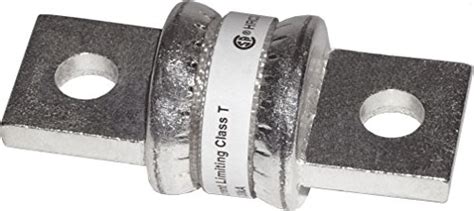 Blue Sea Systems 5116 Fuse A3tclass T 200a
Blue Sea Systems 5116 Fuse A3tclass T 200a
 Eureka Peanuts Classic Characters Deco Kit 840227
Eureka Peanuts Classic Characters Deco Kit 840227










